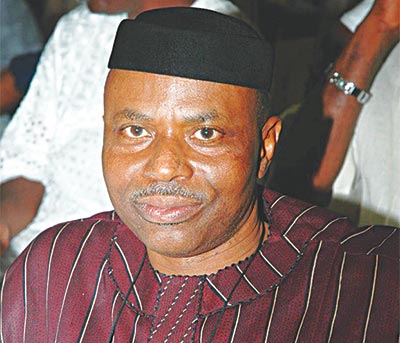
Ondo state Governor, Dr Olusegun Mimiko has said the reason for his administration’s quick intervention in the education sector since taking off in 2009 was to provide the necessary illumination for the future of the youths.
Addressing a stakeholders meeting at the weekend, Mimiko challenged youths in the state to take advantage of the provisions of the government in education to secure their future, adding that education is key to destiny fulfillment.
“We know the important role of education in the life of our youths and upon assumption of office in 2009, we started to invest in education and knowledge” the Governor said.
He explained that his government’s intervention anchored on a 5Is formula, which he named as Incentive, Inspection, Institutional Management, Infrastructure development and ICT development.
The 5Is he mentioned are geared towards the development of the human capital resources in knowledge, technological skills, character building and entrepreneurship on the platform of Free and Quality Education.
To give equal opportunity of accessing quality education to all and sundry, he said the government started building model primary schools, named “Caring Heart Mega Schools” to reflect the scope of learning possibilities and the sheer capacity for student’s intake.
Avant-garde in outlook, Mimiko said the schools are however strictly proletarian in utility adding that, the Mega Schools are to serve as models below which future public or private schools cannot fall.
Mimiko mentioned further that free shuttle buses are also provided by the state government for the school pupils to go to their schools and back, and the elimination of transport fares for children, he observed, lessens the financial burden of education on parents, improves school attendance and punctuality, promotes inter-social/class relations and make quality primary education accessible to all, rich or poor.
Stressing that government’s intervention has improved the standard of education in the state, Mimiko submitted that a comparative analysis of the percentage of students with credit level passes in five subjects and above, including English language and Mathematics, in the State public secondary schools shows that students’ results in WASSCE between 2006 and 2008 ranged from 14.84% to 21.16% but there has been a steady improvement from 2009 till date to between 25.42% and 38.87%.






